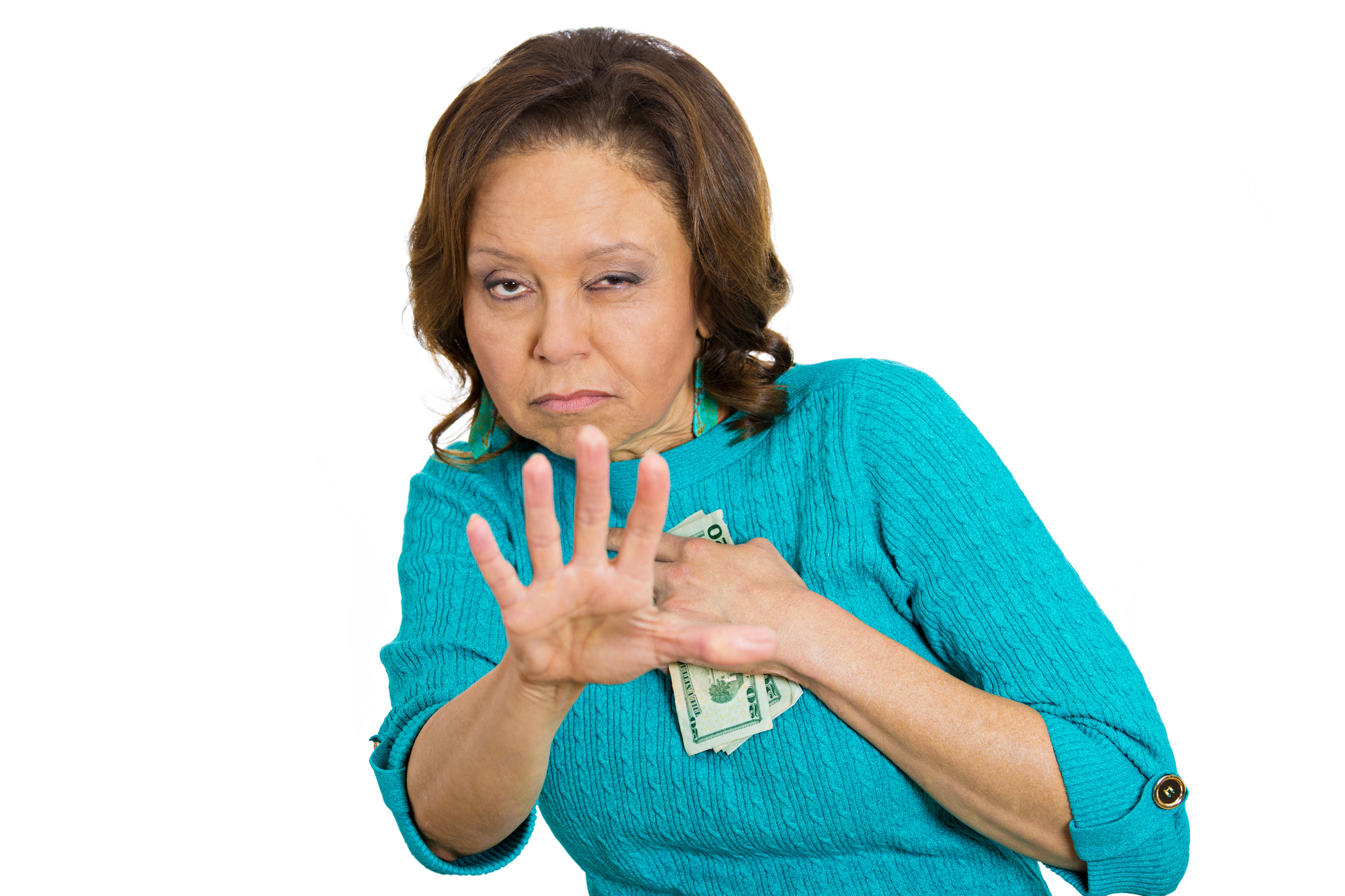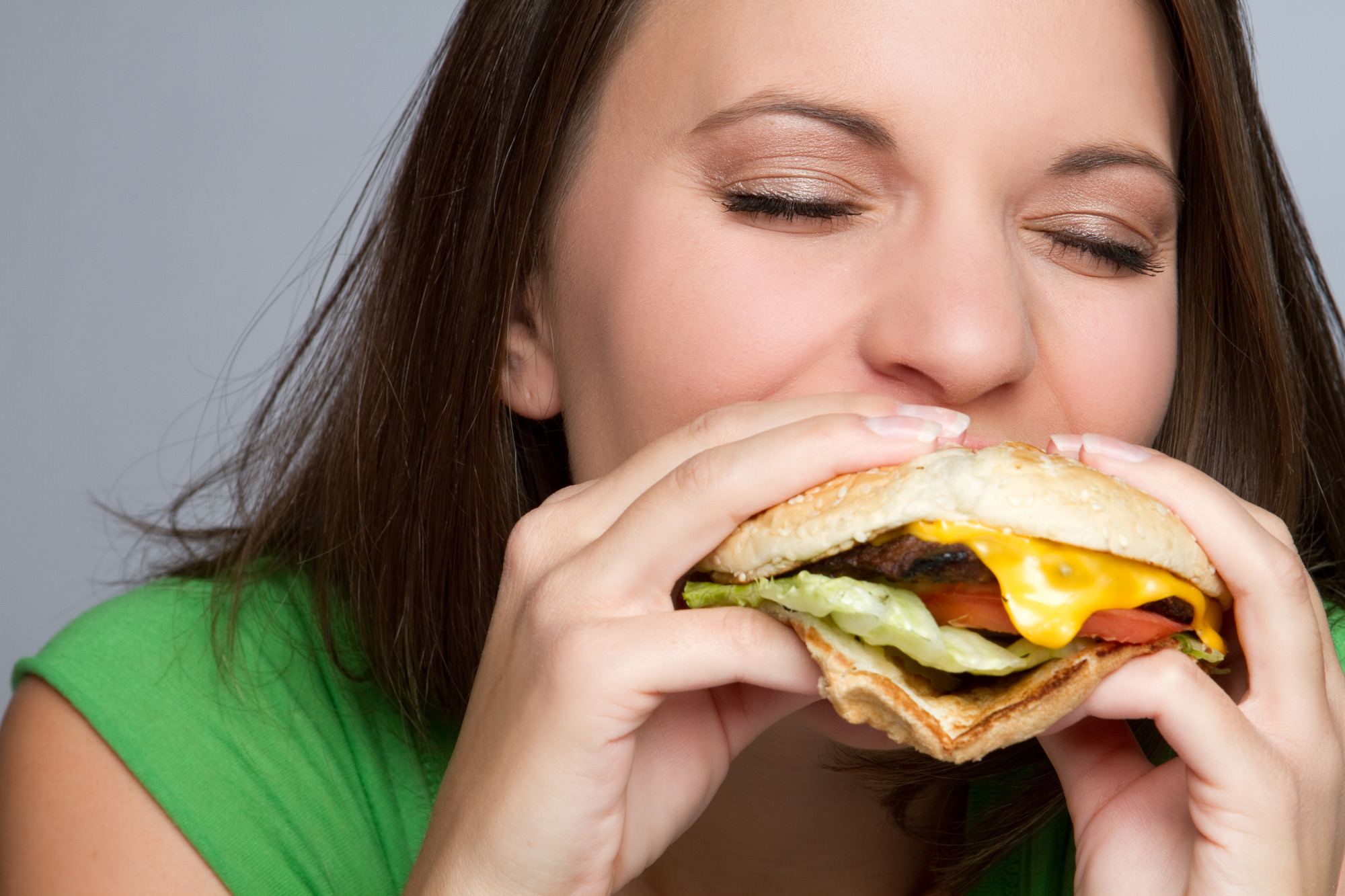Scams are pervasive, and some have become so commonplace that we may overlook them. From “get-rich-quick” schemes to fake online reviews, these common scams can cause financial loss and damage our online reputation. We must be aware of these scams and take steps to protect ourselves. Someone asked on a popular forum, what is clearly a scam but is so normalized people don’t notice?
1. The Ink Cartridge Scam

Printer companies rely on selling expensive ink cartridges for profit, leading to frustration for consumers who only need basic printing capabilities.
“Ink cartridges. Printer companies make barely any profit from actual printers; they’re just vessels to make you buy unreasonably priced cartridges.” said one.
“The printer companies come up with excuses for this too. They use a little bit of each color in B&W prints to “make the black deeper and, conveniently, there’s no option to turn it off.” another added.
“Yeah, if I ever need something printed out (which is rare), I just go to a print store or something. Many documents are also just PDFs now, so I’ll sign them on my tablet and email them back. They never seem to care.” another said.
2. Internet Data Caps

“Internet Data Cap. Scammers.” a user said.
“We’re living in our RV, and “unlimited” cellular internet is a fraudulent lie. They all throttle your speed and de-prioritize your data packets for using too much of your “unlimited” data. I hate it with the fire of a thousand suns” another added.
3. Diamonds

The diamond industry has created misconceptions about diamonds, leading many to overpay for a product that is not rare, valuable, or a sound investment.
“The diamond industry, specifically as it relates to jewelry. Everything that the average person “knows” about it stems from propaganda and advertisements created by DeBeers. They aren’t rare, they aren’t worth what you pay for them, they don’t appreciate, and they are a terrible investment. They aren’t special.” a Redditor said.
“My great uncle worked as a diamond courier for De Beers, bringing them from SA to London. They artificially restricted the number of diamonds they send out to inflate the price.” said one.
“The worst thing is that if you try to resell the ring with that diamond, it goes for much less value, even if not worn. It’s the same diamond, why??” another added.
4. School Picture Industry

“The school picture industry. $80 for an awkward picture of my baby? No, thanks.” said one.
“I don’t understand why that’s still a thing. Of course, years ago, school pictures were essential. When I was a kid in the 80s, not all families owned a camera, and if they did, they probably couldn’t take good photos.” another added.
“For reals, I brought my other kid into the daycare to have the old bro younger sibling combo. The guy made a note and then was going to charge us an $84+ fee for a digital download of maybe three possible photos!” a user shared.
5. Starbucks Coffee

The price of a cup of coffee at Starbucks is significantly higher than the cost of making a cup at home. Using reusable cups also helps save money.
“Starbucks. I pay $9.99 for 51 oz of Folgers Ground Coffee, roughly 380 8 oz cups. That comes out to about $0.02 per cup of coffee. At Starbucks, a Tall Dark Roast costs $1.85. I could have 92.5 cups of Folgers at home before I pay for 1 Starbucks. My tub of Folgers is worth $703.00 if I sell it at the same price as Starbucks. And I’m using reusable cups every day.” said one.
“Yeah, this. And yet even though this is true, I still can’t resist my addiction to sugar and caffeine when I pass by on my way to (and sometimes from) work. It’s the same as legally selling crack and purposely up charging because they know people are addicted enough to buy it still. Don’t even get me started on how they charge you for vegan milk options.” another added.
6. Bottled Water

“Bottled water, like Dasani. Especially in places like amusement parks that mark up the price a shocking amount. Also, the average markup of bottled water is 4000%, which is outrageous; water is free in most places.” said one.
“Not to mention the environmental impact of bottled water. They’ll put some slogan or story about their eco-friendliness on the bottle, but we all know everyone’s just throwing them into the regular garbage.” another said.
7. Payday Loans

Payday loans are a form of predatory lending that preys on the financially vulnerable. Often unnoticed, they charge exorbitant fees and interest rates, trapping borrowers in a cycle of debt.
“The never-ending debt trap. Give people who don’t have some money then take from their salary the money they didn’t have to start with.” said one.
“It’s expensive to be poor.” another added. “Overdrafts are even worse, in the UK at least. Similar effective interest rates to Payday loans, but no social stigma and no expectation of ever paying them off.” said another.
8. Ticketmaster

“Yes, basically scammers adding huge marks up but making it impossible to use anyone else.” a user said.
“Yeah, so your ticket is gonna be $40, and with the additional $25 Eat Blah fee plus whatever we feel like charging you for, your total is $87.50.” said one.
9. Scientific Journal Memberships

Scientific journal memberships can be a scam, with exorbitant subscription fees for access to research that is often publicly funded. This restricts access to knowledge and benefits publishers over scientists.
“Scientist here. That is 100% true. What’s funny is that, as scientists, we want our work out there to be seen. No desire for money or anything. But it’s a frustrating loop because journals like Nature, Science, etc., are so desirable to get your work published. We must get into these journals for our work to be the “most respected.” I’m a big advocate of open source and freedom of information.” a Redditor said.
10. The Deceptive Promise Of Cable TV

The cable TV industry promised ad-free content in exchange for subscription fees but failed to deliver. With the rise of streaming, ads disappeared temporarily, but now they’re creeping back in through platforms like YouTube.
“Paying for cable tv. The idea of paying was to create a revenue stream separate from marketing. There are a few out there (HBO, I think), but generally, we pay to access the content and still spend 20% of the time sitting through commercials. Then streaming comes in, and we’re free of advertisements again. Now YouTube has tons of ads, and other streaming services are talking about adding ads as well.” a user shared.
12 Fast Food Chains Where You Can Still Eat Cheap

Fast food can be a quick and affordable meal option, but knowing where to go to get the most bang for your buck is essential. Read here.
16 Things That Are Legal in the U.S. but Are Actually Pretty Messed Up

In the United States, there are a number of things that are legal but should not be. These things can range from harmful practices to others. Read here.
13 Inventions That Were Supposed to Change the World… But Didn’t

Though there are both good and bad inventions, it’s fascinating to learn about those that once promised to revolutionize the world, but are now forgotten. Read more.
15 Costco Products That Are a Total Rip-Off

Costco is known for its great deals on bulk items, but only some things at the warehouse club are a good value. Read more.
Did You Know? These 18 Everyday Sayings Are Actually False

Language is a powerful tool, but it can also be misleading. Overused sayings and clichés are often taken for granted as truths. Read more.
This article was originally published on Mrs. Daaku Studio.
